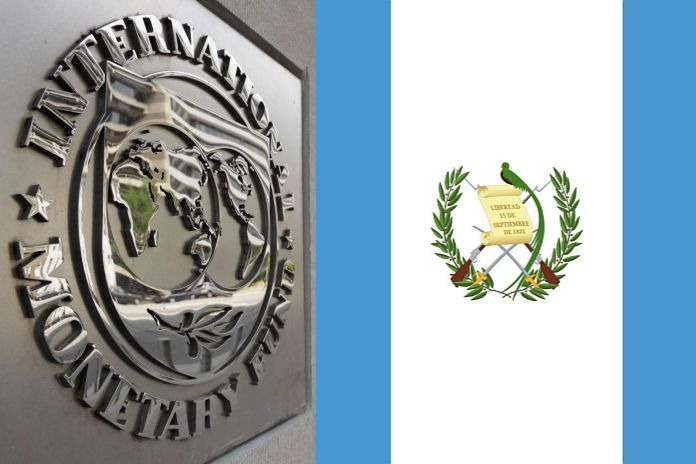USA / GUATEMALA – The executive board of the International Monetary Fund (IMF) concluded the 2023 Article IV consultation with Guatemala on May 15, 2023, and endorsed the staff appraisal.
Guatemala’s solid track record of prudent macroeconomic policies and large remittance inflows provided the country with large buffers to weather a challenging global environment and tightened global financial conditions. In 2022, Guatemala’s real GDP growth was 4.1 percent (3.4 percent projected in 2023), with the fiscal deficit below 2 percent of GDP – driven by tax collection over performance and high import prices – and the stock of public debt below 30 percent of GDP. Domestic private demand continued to be strong, and bank credit to the private sector grew at double-digit rates.
Inflationary pressures remain high, with April 2023 headline inflation at 8.32 percent. The currency has remained stable and the external balances solid, despite a large import bill. The financial sector has proven resilient to global financial tightening conditions and domestic interest rate hikes.
The outlook continues to be broadly positive, but risks remain. Near-term risks relate to an abrupt global economic slowdown, including in the US, that could reduce remittance inflows and have knock-off effects on Guatemala’s domestic demand and growth. Heightened global market volatility and uncertainty could fuel volatility in commodity prices and complicate the fight against inflationary pressures, affecting especially the most vulnerable. At the same time, the steady record of economic achievements and prudent policies has served the country well and, if continued, will help further reinforce the economy’s resilience to shocks. Medium-term risks are domestically related, with structural weaknesses hindering development prospects.
Guatemala stays an economy with untapped opportunities. Scaling up the implementation of a transformative infrastructure agenda, fostering human capital and social policies, and enhancing legal certainty are critical to support a sustainable and inclusive medium-term growth model with higher potential growth. While the global outlook is challenging, the current conjuncture also offers ample opportunities to draw on the demographic dividend and to fast-track reforms to improve the business climate environment and attract foreign investment.
Executive board assessment
Executive directors noted the resilience of the Guatemalan economy in the face of adverse external shocks and commended the authorities for maintaining sound macroeconomic policies. However, poverty and food insecurity remain high, inflationary pressures are elevated, and risks – both external and domestic – remain. Directors emphasized that continued policies targeted at increasing macroeconomic resilience, accompanied by further progress on the structural reform agenda, will be key in promoting higher and more inclusive growth and building resilience to climate risks.
Directors highlighted the need for continued prudent fiscal policies and a strengthened medium-term fiscal framework. They emphasized that closing the existing infrastructure and social gaps will require enhancing revenue mobilization and spending efficiency. A comprehensive tax reform will be critical in this regard. Directors underscored the need to enhance the investment framework and looked forward to the PIMA/C-PIMA. They also supported establishing a medium-term debt management framework and developing a secondary market for sovereign debt.
Directors welcomed the recent decisions to increase the monetary policy rate. They noted that further data-driven increases could be necessary, stressing that monetary policy should continue to be focused on keeping inflation expectations anchored and bringing headline inflation back to the mid-point of the target range. Directors highlighted the need for further enhancements to the inflation targeting framework and the gradual transfer of market risk management to the private sector, which will support the exchange rate’s role as a shock absorber.
Directors called for careful monitoring of financial sector risks and continued efforts toward strengthening its regulation and supervision. They looked forward to the prompt approval and implementation of the banking law and the revised AML/CFT law, in line with the Financial Action Task Force’s standards.
Directors stressed the criticality of advancing the structural reform agenda to raise potential growth and reduce poverty. They emphasized the need to decrease informality and called for reinvigorating the longstanding infrastructure investment agenda and addressing social gaps. Directors underscored the importance of further efforts to improve governance and address corruption and welcomed the authorities’ interest in undertaking a Fund governance diagnostic.






